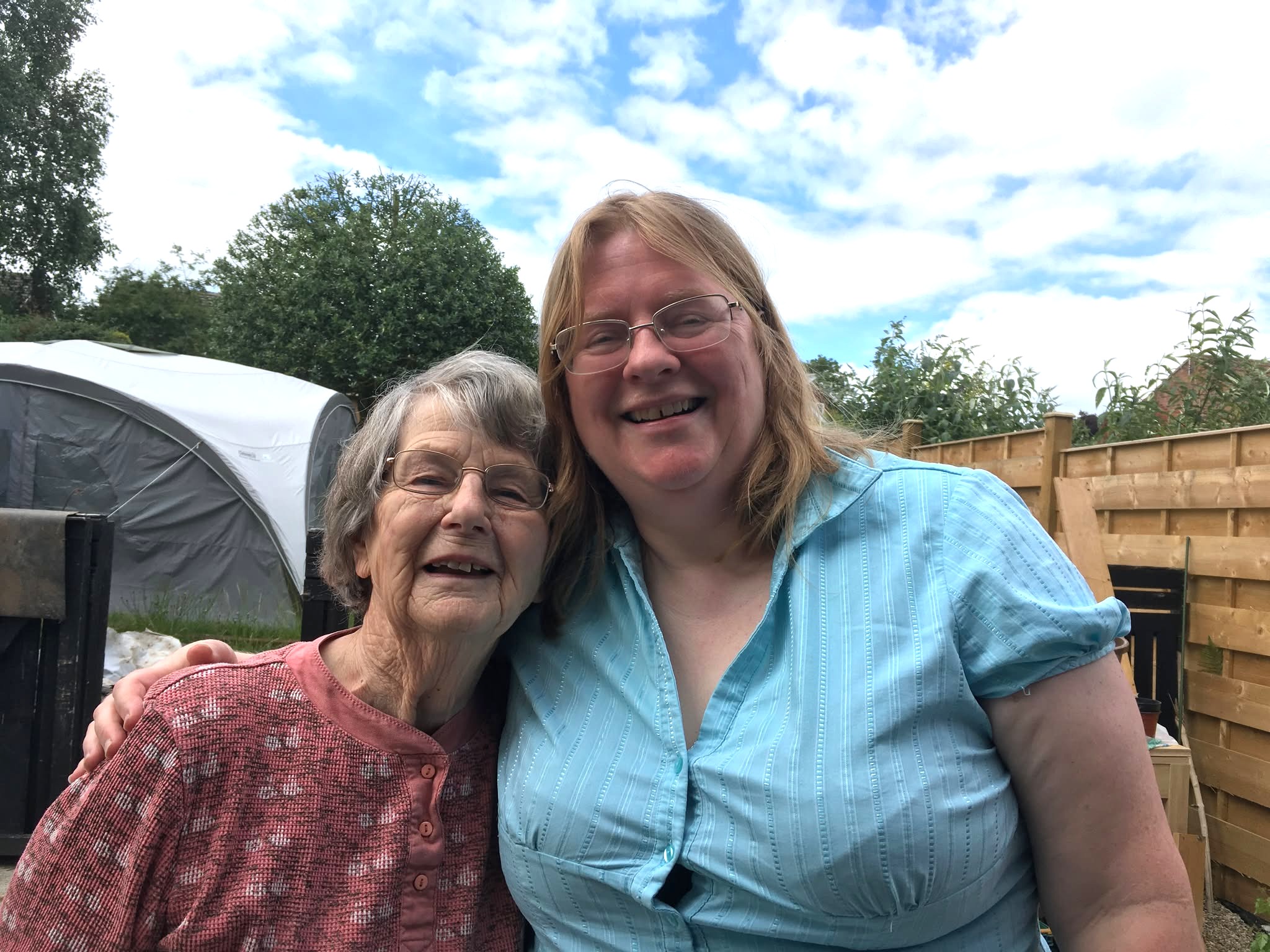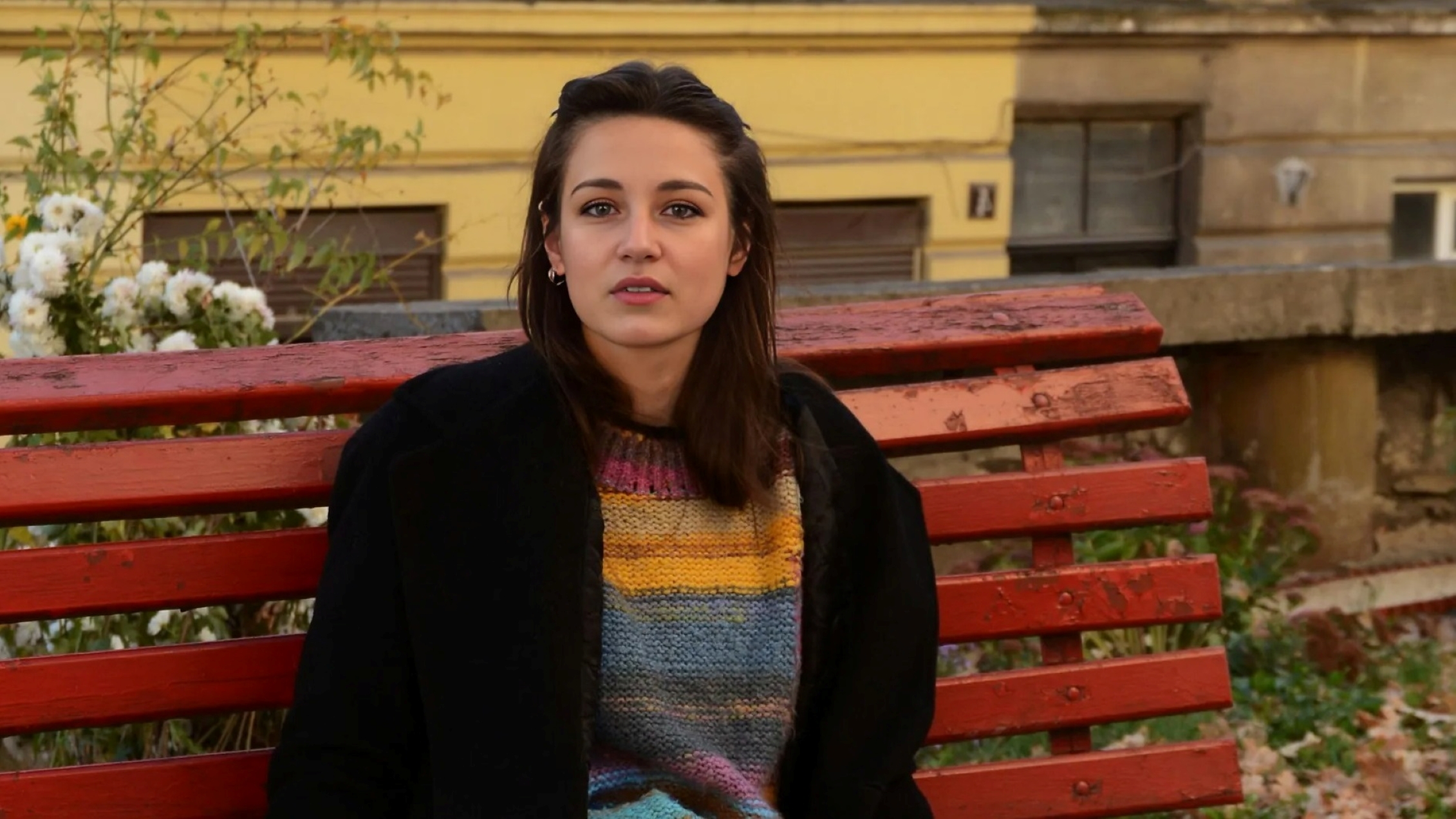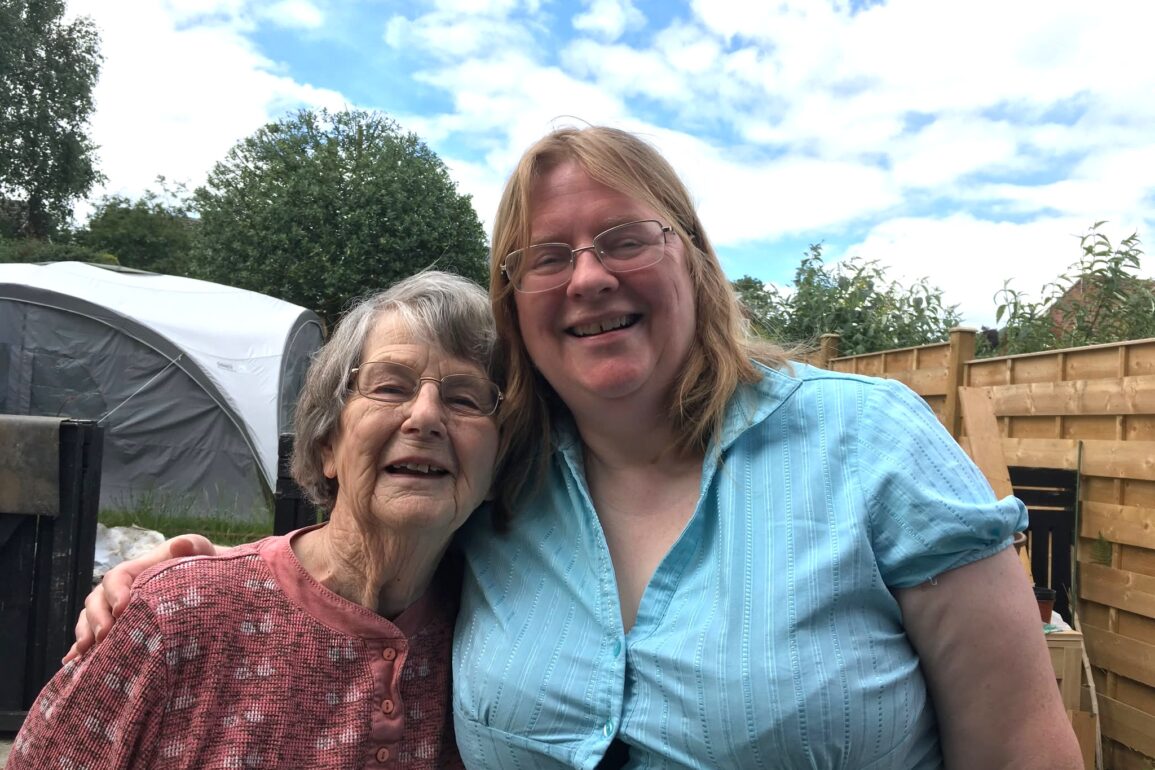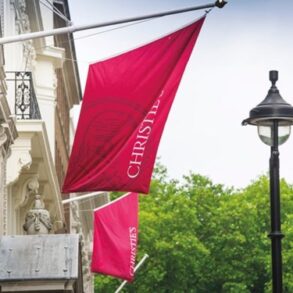When Kathryn Dunn’s dad died in 2017, she did not hesitate to ask her mum, Janice, to come and live with her.
But the move meant downsizing from the family home that Janice had lived in since 1979. “My parents had accumulated a lot of things, but I’m in a three-bedroom house with my 28-year-old daughter, Holly, so it was impossible for Mum to bring all her possessions,” said Kathryn, 59, who works as a hypnotist.
Unwanted DVDs and cooking utensils were sold locally through Facebook Marketplace, along with furniture there was no room for. “Anything that wasn’t sold we donated to a local charity shop, which even came and picked up some of the heavier stuff,” she said.
And then they came across a collection of first-edition James Bond books, and decided to seek some expert advice: “We knew they must be worth something, so wanted to find out before we let them go for too little. We needed a specialist’s eye.”
The Dunns contacted their local auction house, Duggleby Stephenson of York, then visited for a valuation in October 2019 with the Ian Fleming first editions and a few other books that they hoped would be saleable.
Kathryn said: “When I was a child we used to go to a local auction all the time as a family to pick up a bargain. In those days selling online was obviously not an option, so it was a great place to pick up second-hand goods.
“This time around, it was a little daunting because they seemed quite upmarket, very different from the auction houses I’d attended as a child. The valuer wasn’t keen on all the books, but got super-excited when they saw the Flemings.”
The auction was held in January 2020, and the six books raised £1,000. “I had an email to say that they’d sold, which was a lovely surprise. Mum was overjoyed — they’d only cost her about £5 originally,” Kathryn said. “She splashed out on a takeaway that night and spent the rest on general living costs.”

Kathryn with her late mum, Janice
How auctions work
While you can still attend auctions in person, these days most buyers opt to take part virtually and so sellers can reach a far wider audience.
“The image of an auctioneer in an old duffel coat in a cold room is gone. What would be a regional business twenty years ago is now nationwide,” said Charles Hanson from Hansons, which is based in Derbyshire but has salerooms across England. “Auction houses sell and post items all over the world.”
Auction houses generally charge fees of about 20 per cent and there may be other costs involved too, so it is important to check exactly what you will be paying before committing.
• There’s lots to like about logging in to an auction
While there are no guarantees that an item will sell, one advantage of selling at auction is the chance that competing buyers will drive up the price beyond the auction house’s estimate, giving you a better profit than expected.
“Auctions are competitive and open, and it’s in the auctioneer’s interest to get as much as possible for your item,” said Matthew Barton from Olympia Auctions in west London.
Find the right price
If sellers have an item they are unsure about, or want a steer as to value, most auction houses will offer initial advice or an estimate over email or WhatsApp. “If you’re not sure if something is suitable for auction, send an image,” Hanson said.
Barton added: “Unless you’re a specialist, you won’t necessarily know what an item is worth. These days it’s not usually necessary to bring items in initially — most sellers send emails and images so that we can give them an idea of potential value.”
Talking to an auctioneer could also give you valuable insights into how much demand there may be for your valuables as fashions change. “It’s remarkable the difference between what was antique and valuable ten years ago and what might be collectable or sought-after now,” Hanson said.
And pick the right auction house
The auctioneer you choose can make a difference to the type of buyer you attract. Barton advises doing some initial research. “Look for specialist sales, check past catalogues, look at things the company have sold in the past, how well things are catalogued and what their level of expertise is,” he said.
“A reputable auctioneer will refer you on if your item would be better placed elsewhere.”
The Saleroom website has a directory of auctioneers that use its services, or you can just search online for a company near you.
Hanson said: “It’s really important to contact the right auction house — some firms specialise in certain items, some have a wider reach on bidding platforms. It’s worth doing your research.”
As well as netting a good price for goods, selling at auction can be enormous fun. “People often come and watch their objects at auction. And as these days most auctions are also online, you can watch remotely if you prefer.”
• Antiques boom as the Vinted generation catch the bug
Kathryn Dunn, whose mother died in 2023, is tempted to try an auction again: “I sell quite a lot of second-hand items and the key is choosing the right outlet. Social media sites such as Facebook can be good for lower-value items. In those instances I feel it’s more important that the item goes to someone who needs it, so making money isn’t a priority.
“But for something valuable, like family furniture or heirlooms, I think an auction is the best way to go.”
‘We sold our family heirlooms and had a holiday in Sri Lanka’
After years of letting the art and antique furniture he had inherited from his parents gather dust in the loft, Jonathan Zeigel, 62, decided it was time to bite the bullet and have a clearout.
“They had a lot of Georgian mahogany furniture, which they’d bought hoping that it would keep its value, but as tastes have changed it was more or less worthless,” said Jonathan’s wife, Sarah, 63.
They decided to sell the most valuable items and use the money for their boys — Marcus, 16, Hector, 23, and twins Benjamin and Thomas, 26.
Sarah said: “‘Our sons are all severely autistic and wouldn’t be able to put the items in auction in the future. I didn’t want someone to do a house clearance and simply take them away when we’re gone.”
• Seven of the best places in the UK to go antiques shopping
The first item they sold in 2023 was a 19th-century officer’s clock, also known as a carriage clock, which fetched £110 at Chiswick Auctions in west London, less fees of £13.20. Two drawings by the Welsh painter Augustus John, bought by Jonathan’s mother in the 1960s, went for £500 (£383 after fees) and a set of silver cutlery was sold at Hansons in London for £560.
They put the money towards a family trip to Sri Lanka in October. “It was the first time we’ve all been abroad together other than package holidays and the boys loved it,” Sarah said.
Jonathan, a government lawyer, is now hoping to sell his childhood stamp collection in a specialist sale this year.
As well as hoping for the best price, the couple decided to sell at auctions in the hope that they would find buyers that would appreciate their parents’ things.
“If you give something away, the next owner might not look after it,” Sarah said. “It’s also useful because the auction house can give you advice, and set a reserve so that you don’t let it go for too little.”




Jennifer Han was able to go travelling with the money from her grandfather’s watch
‘My grandfather’s watch fetched £12,000’
Jennifer Han inherited her grandfather Ted’s watch in 2020, but felt it was a shame to keep it because she had no real use for it.
“It was a lovely Rolex with a gold face and leather strap that Grandad had bought in the 1960s, but I seldom wear watches, so I put it in a drawer while I thought about what to do. Then a watch enthusiast friend suggested that I get it valued, so I took it to Bonhams in London.”
After the specialist at Bonhams estimated the watch’s value to be £3,000 to £4,000 last April, Han, 28, decided to put it up for sale at Sotheby’s, where auction fees are 15 per cent.
Not expecting the watch to create much interest, Han was delighted when an email landed in her inbox after the auction saying that the final bid had come in at £12,000.
“It was more money than I could ever have predicted,” she said. “I had mixed emotions because I was happy but also overwhelmed. My grandfather’s gift transformed into something far more significant than I had expected. I used some of the money for a holiday to Italy, travelling to Florence and Rome, and put the rest into savings.”
This post was originally published on this site be sure to check out more of their content






